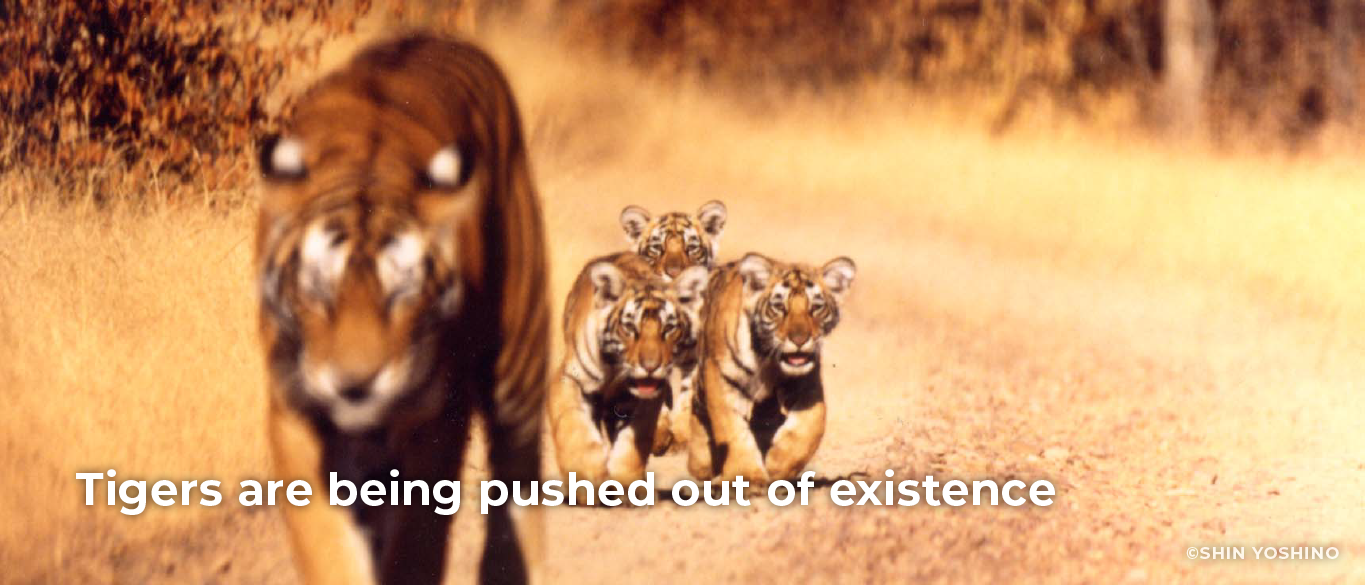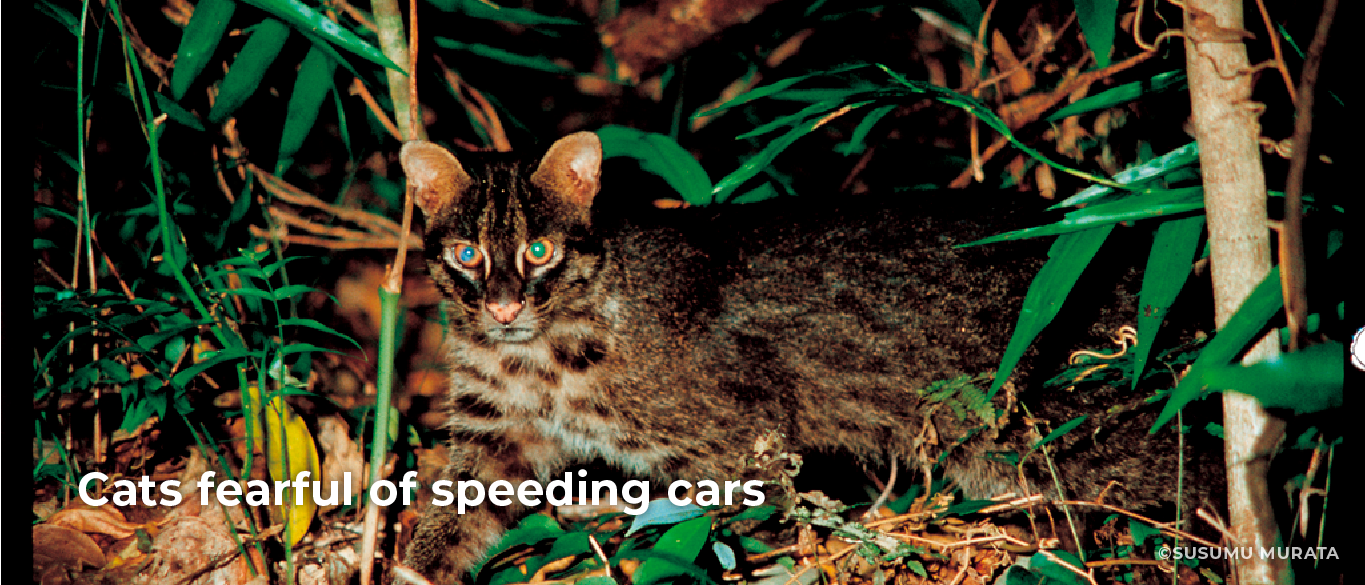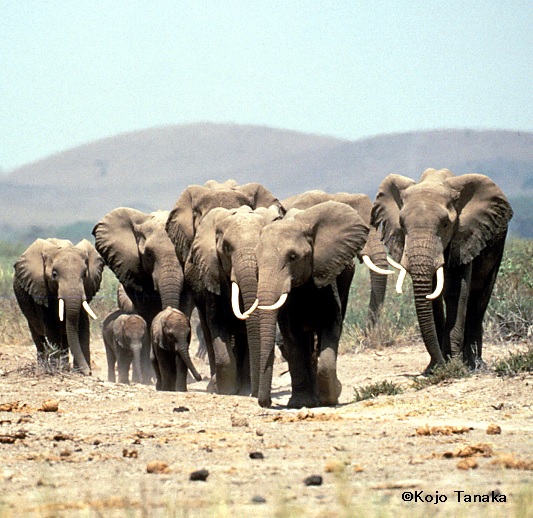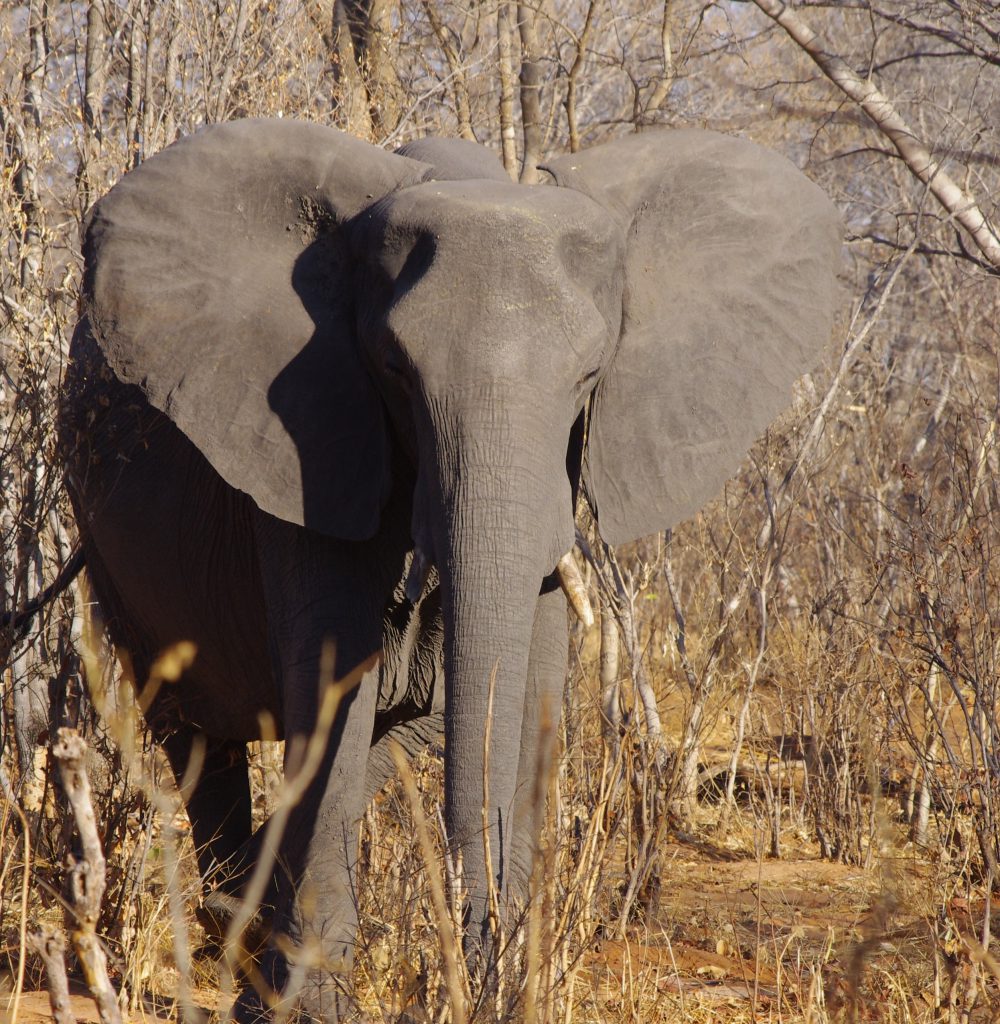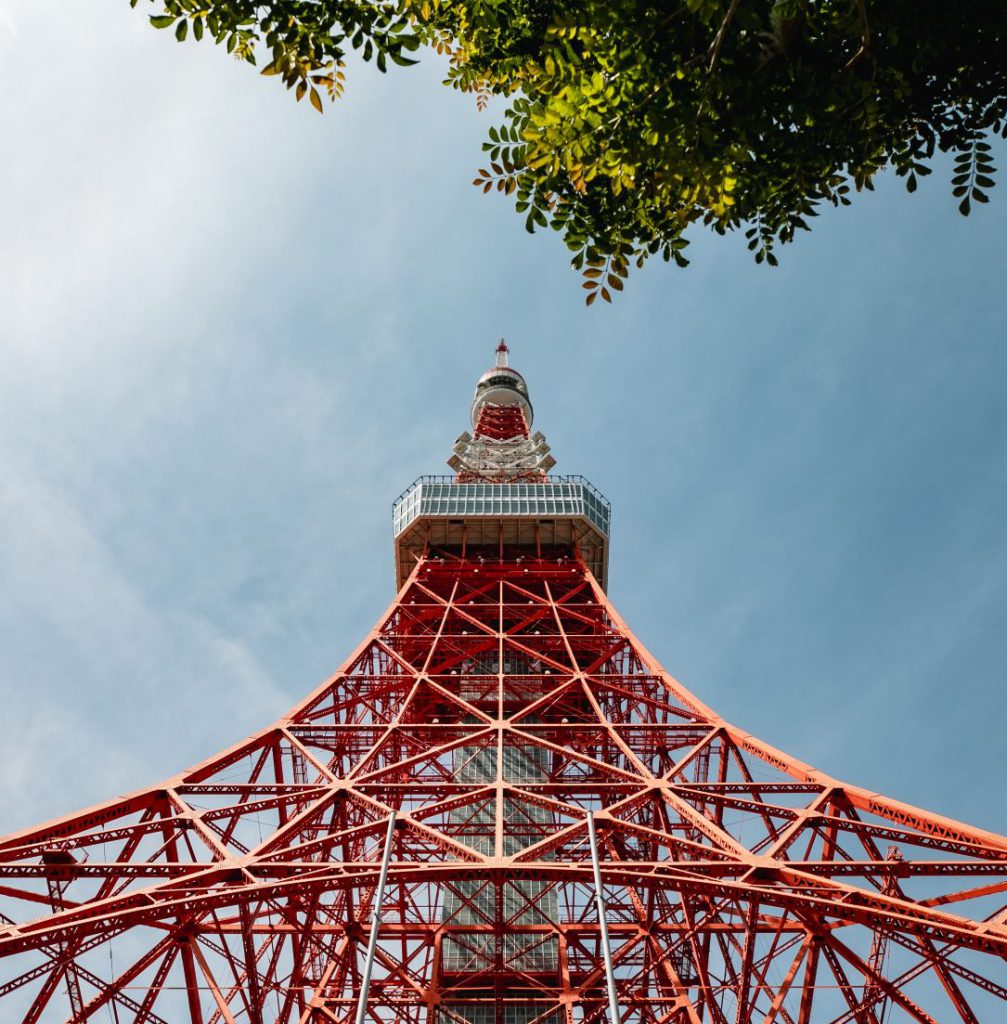BLOG: Japan, Ivory, & CITES SC78
https://www.jtef.jp/en/wp-content/uploads/2019/06/Kojo-ele-190612.jpg 533 518 Japan Tiger Elephant Organization Japan Tiger Elephant Organization https://www.jtef.jp/en/wp-content/uploads/2019/06/Kojo-ele-190612.jpgBy Amy Zets Croke (EIA Senior Manager, Wildlife Campaigns) and Masayuki Sakamoto (JTEF Executive Director) Among many other important issues relevant to keeping elephants safe from international commercial trade, domestic ivory markets were on the agenda at the 78th meeting of the CITES Standing Committee (SC78). To protect elephants, countries endorsed and encouraged the closure of domestic ivory markets to…
read more



